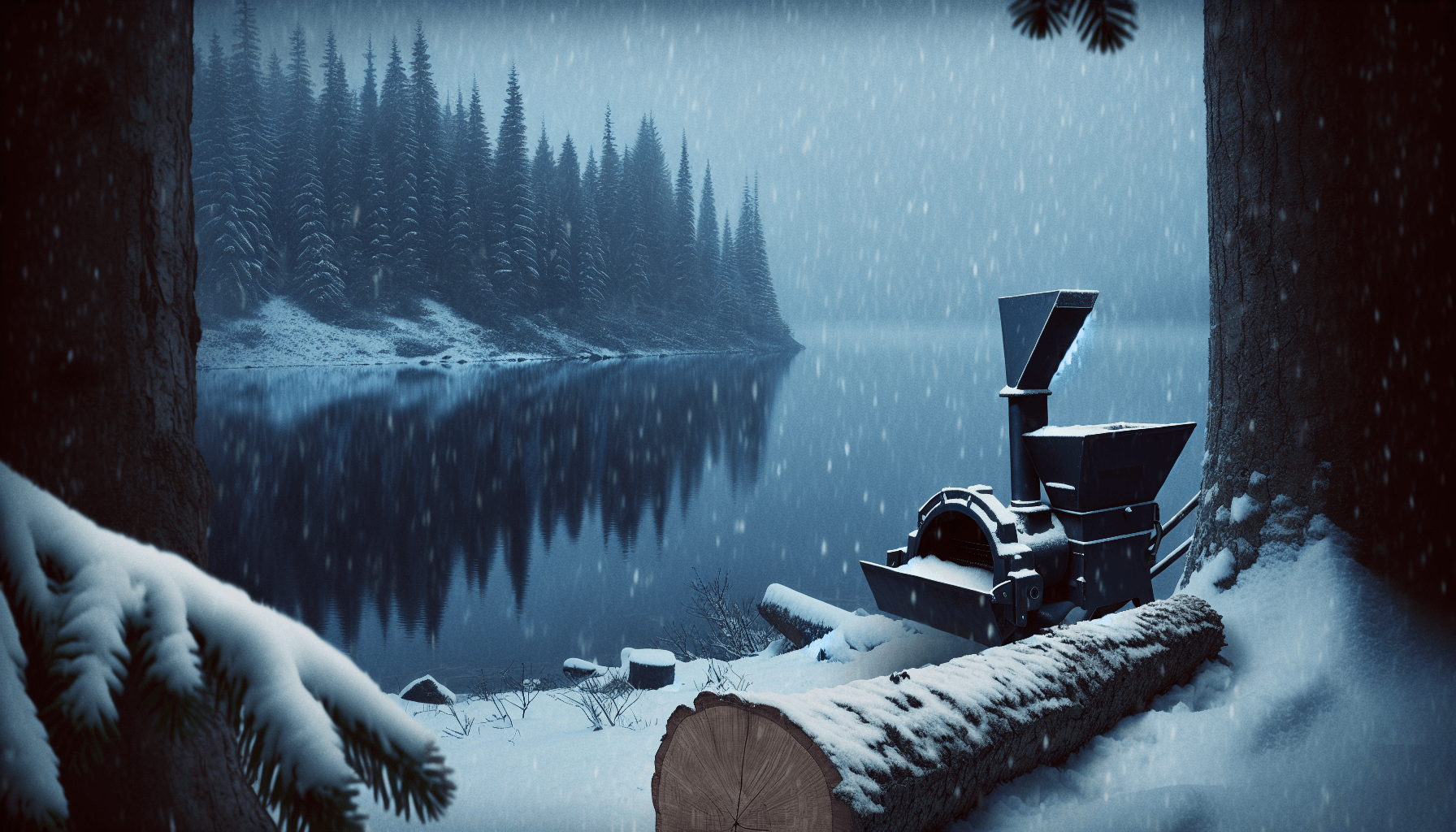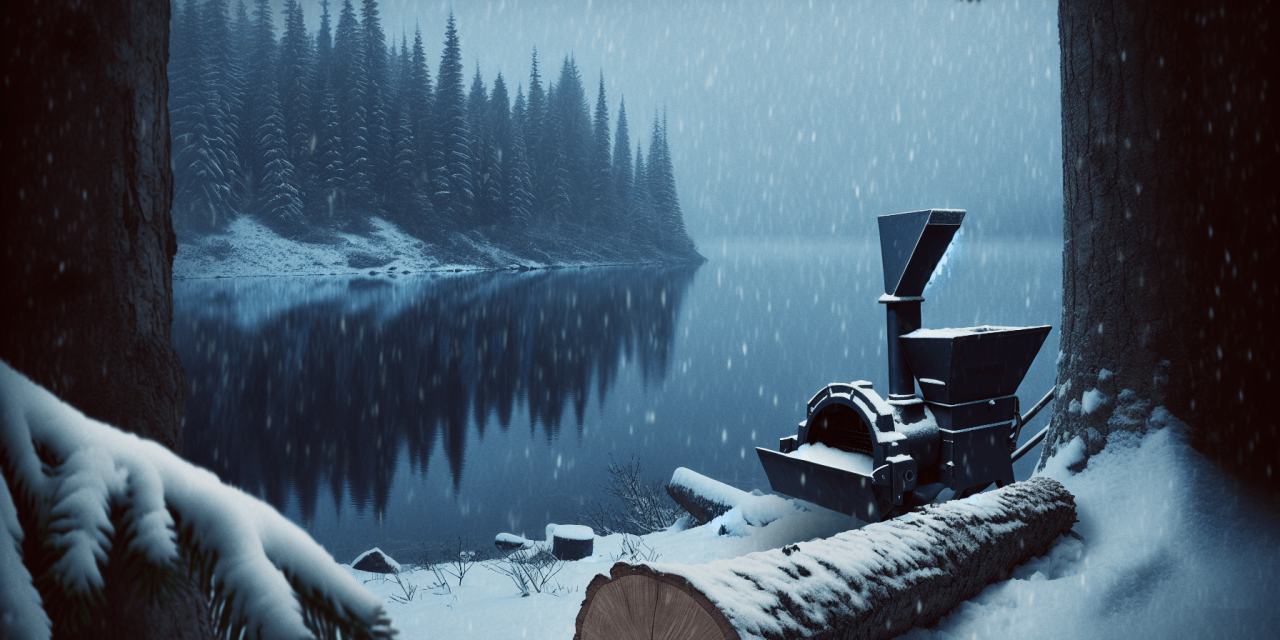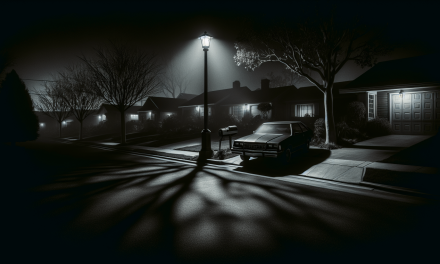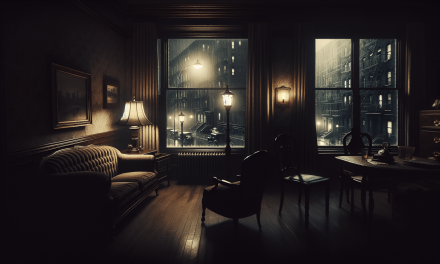On November 19, 1986, the quiet town of Newtown, Connecticut, is cloaked in an ominous snowstorm. Helle Crafts, a Danish flight attendant, returns home after a grueling flight from Frankfurt, unaware that she is about to disappear into the annals of true crime history. Her husband, Richard Crafts, an Eastern Air Lines pilot, spins conflicting tales about her sudden absence to friends and family, fueling growing suspicions. Helle had previously expressed concern about Richard’s temper and infidelity, hiring a private investigator who confirmed her worst fears. Her chilling words, “If something happens to me, don’t assume it was an accident,” linger ominously in the minds of those close to her.

The investigation intensifies as the pieces of a macabre puzzle begin to fit together. Richard’s strange credit card transactions around the time of Helle’s disappearance — including the rental of a woodchipper and a chainsaw found submerged in Lake Zoar — become key evidence. Eyewitness Joseph Hine recalls seeing a woodchipper near the lake during the snowstorm. Forensic experts, led by Henry Lee, uncover fragments of Helle’s remains near the water’s edge, confirming the grim hypothesis that her body was disposed of using the industrial machine. The absence of a body doesn’t deter the Connecticut State Police, who build a compelling case against Richard with the help of advanced forensic techniques.
The legal battle that follows makes history. Richard Crafts faces trial for the murder of his wife without her body ever being recovered, a first for Connecticut. After an initial mistrial in 1988 due to a hung jury, a second trial in 1989 results in a conviction and a 50-year sentence. Despite this, Richard’s early release in 2020, due to good behavior, stirs public debate and leaves the community grappling with unresolved emotions. Helle Crafts’ tragic story, immortalized in popular culture, serves as a haunting reminder of the lengths to which one might go to conceal a crime.
Story Source: Non-fiction book titled “The Woodchipper Murder” (Arthur Herzog).





